10% off £25 OR 15% off £35
Urinary Tract Health
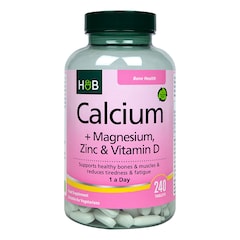
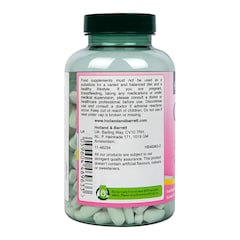
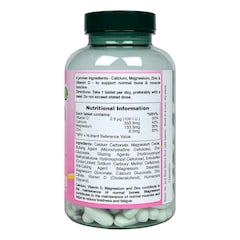
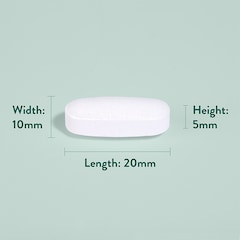

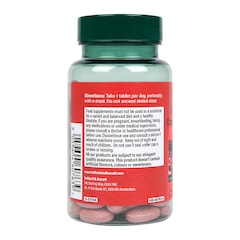
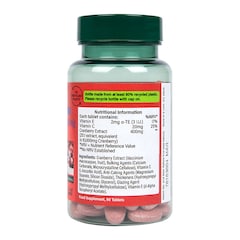
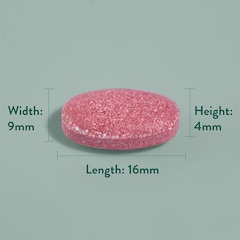
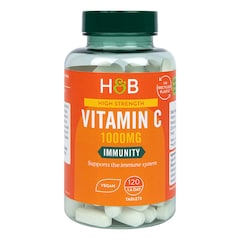
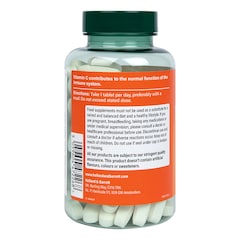
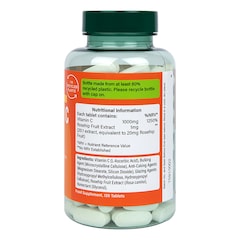
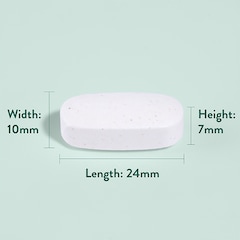
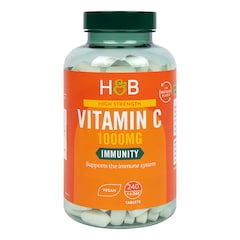
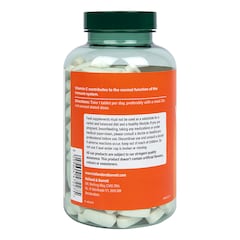
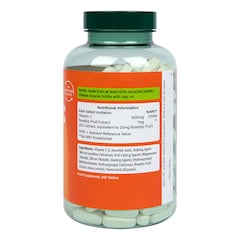
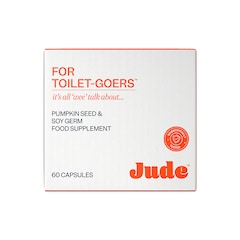
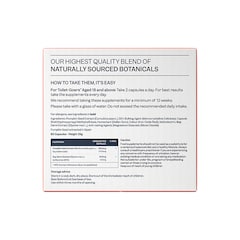



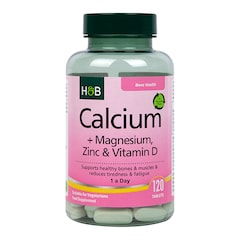
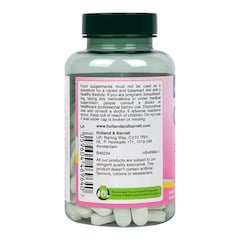
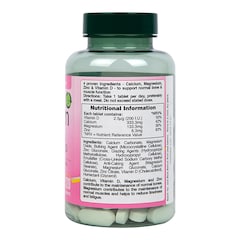
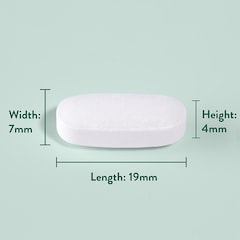
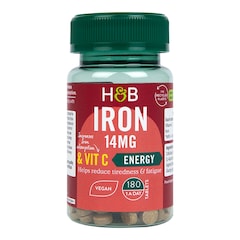
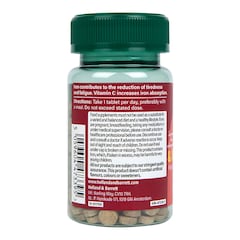
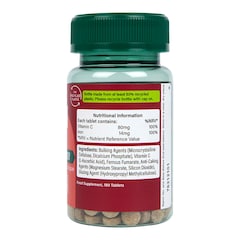
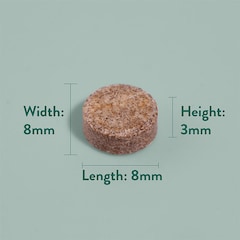

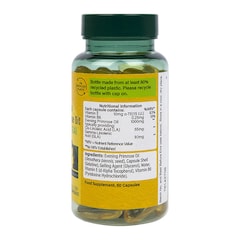
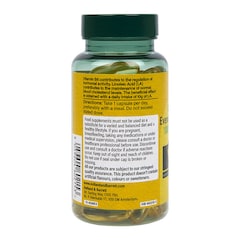
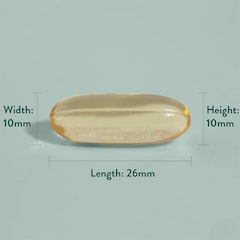
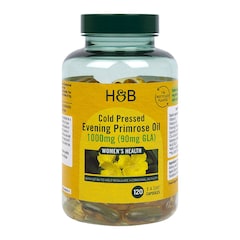
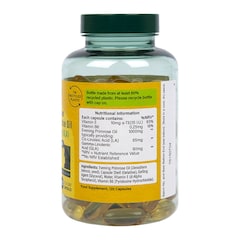
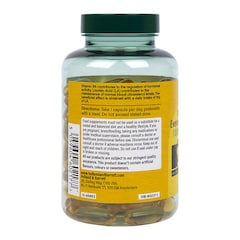
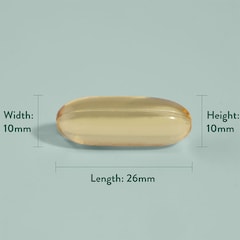
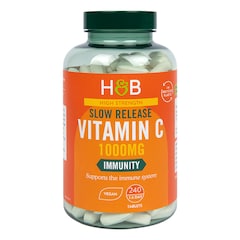
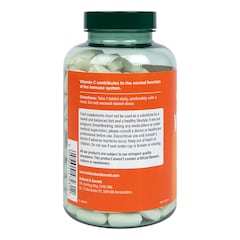
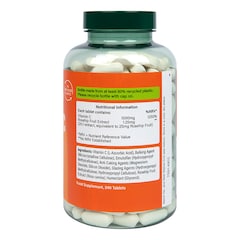
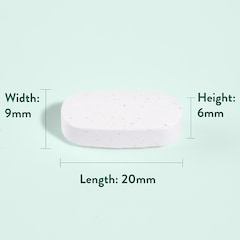
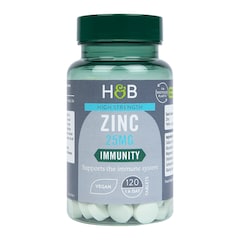
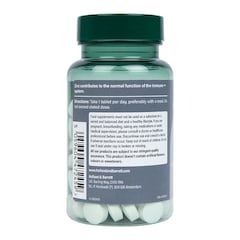
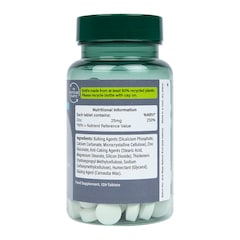
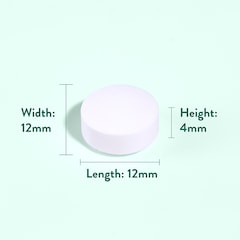

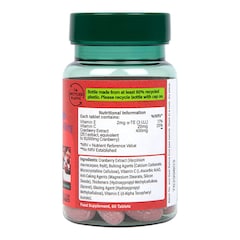
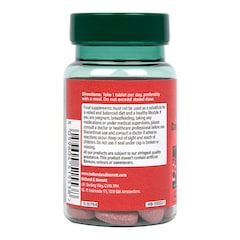
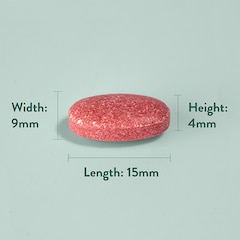
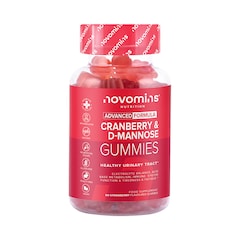
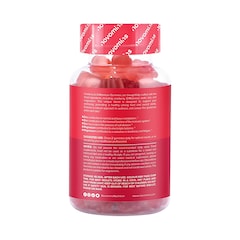

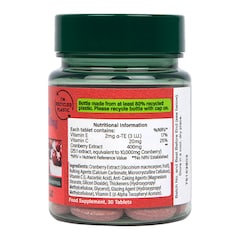
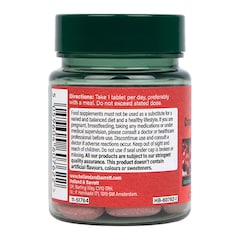
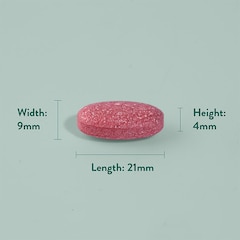

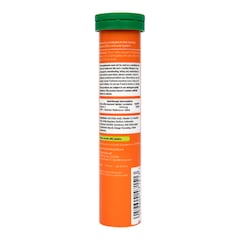
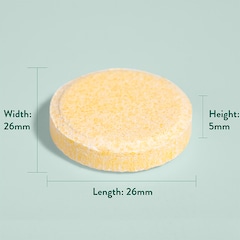
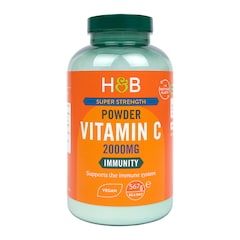
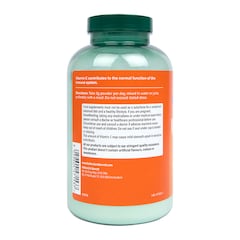
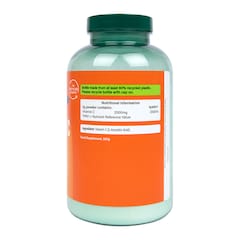
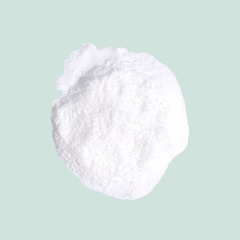

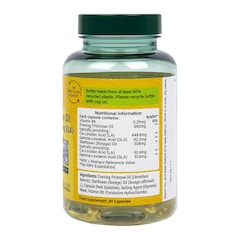
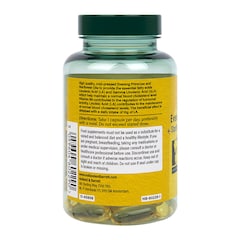
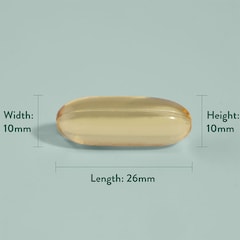
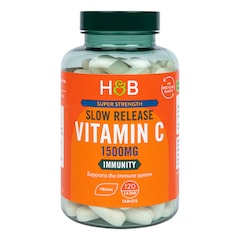
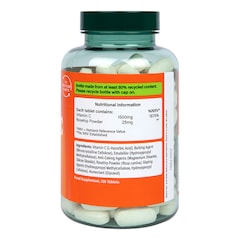
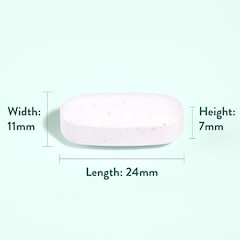
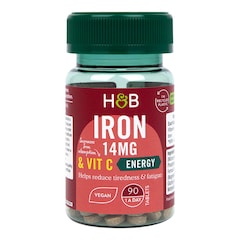
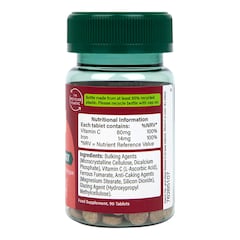
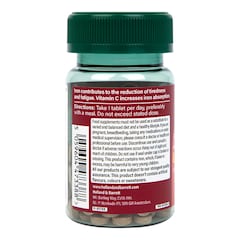
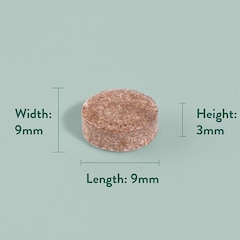

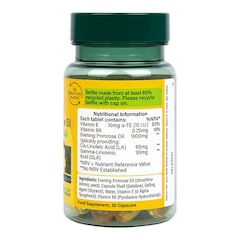
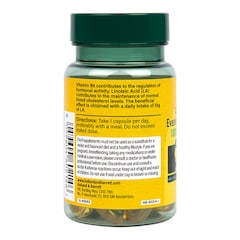
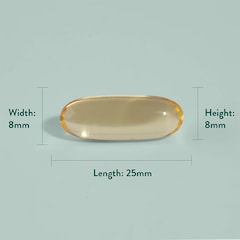

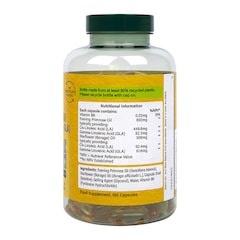
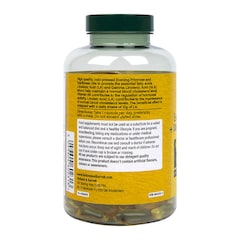
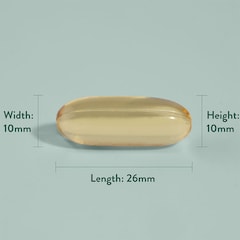

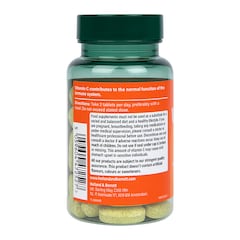
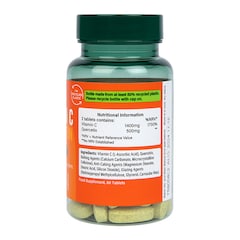
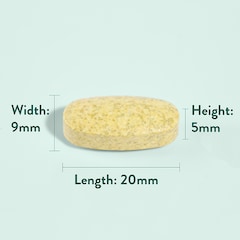

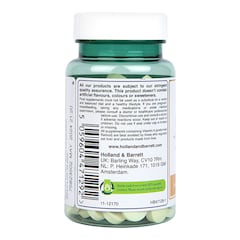
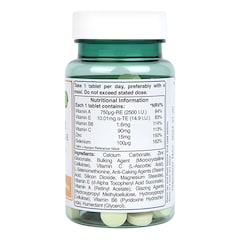
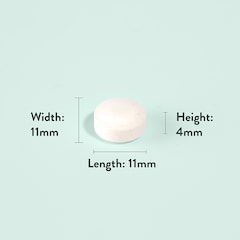
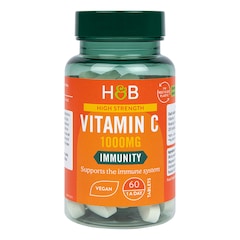
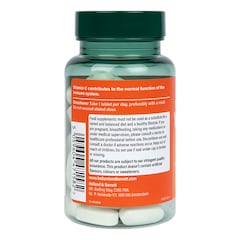
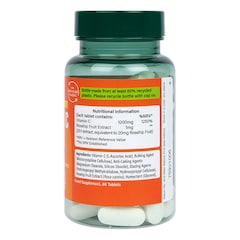
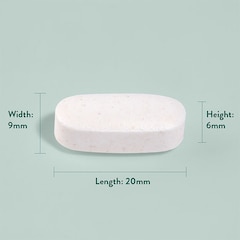
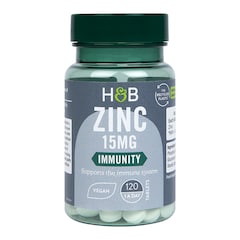
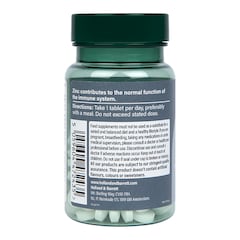
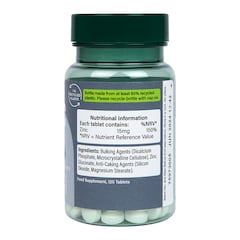
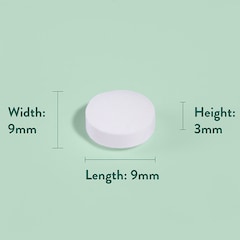

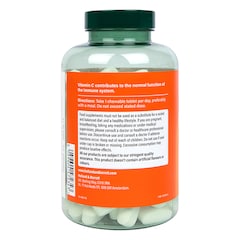
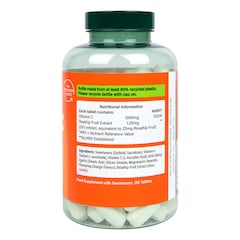
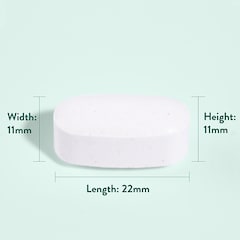

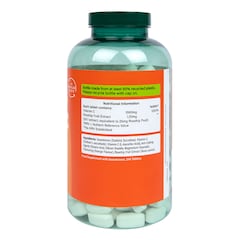
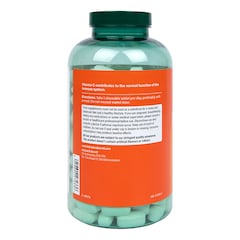
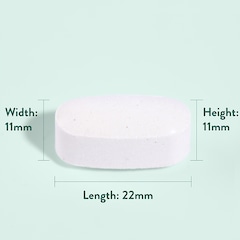
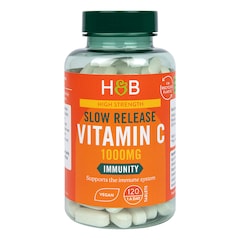
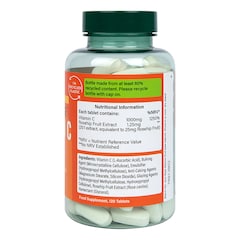
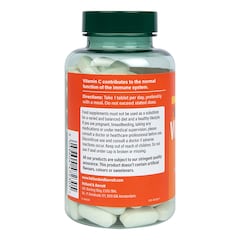
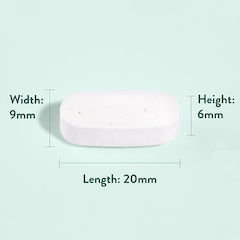
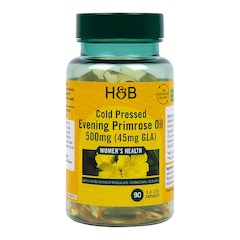
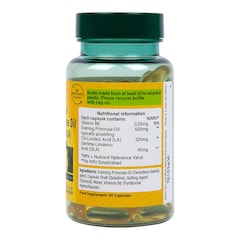
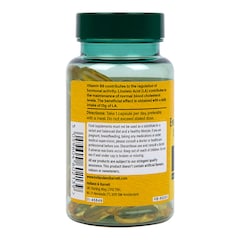
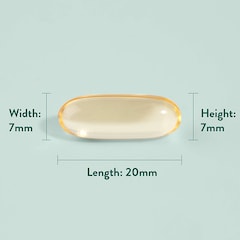
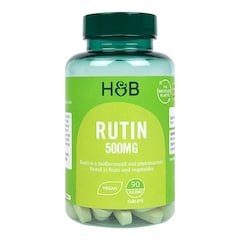
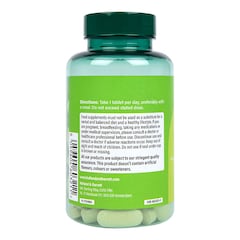
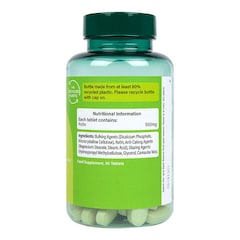
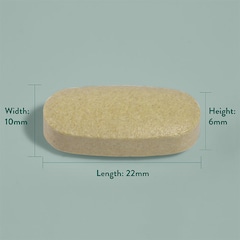
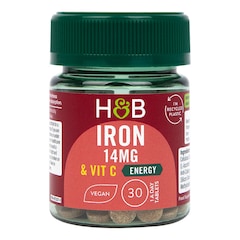
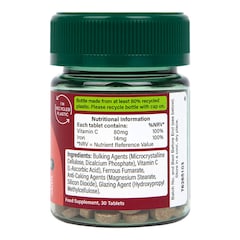
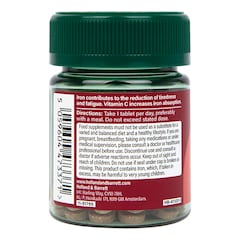
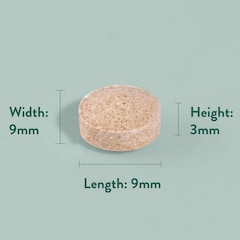
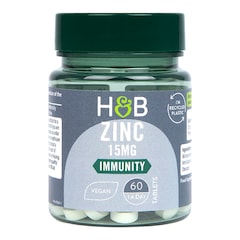
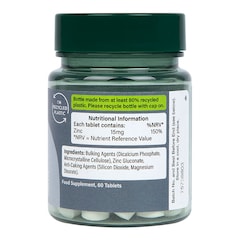
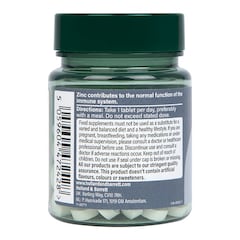
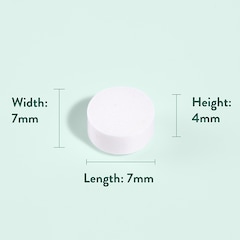
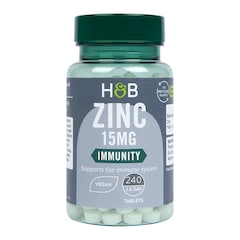
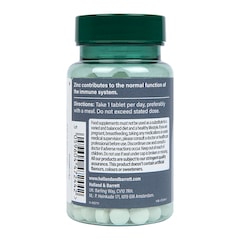
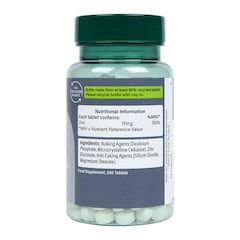
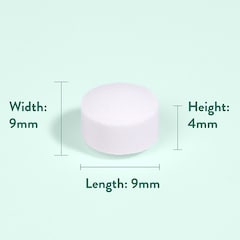

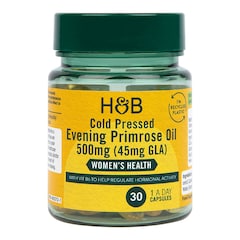
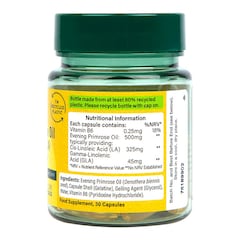
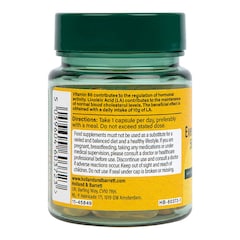
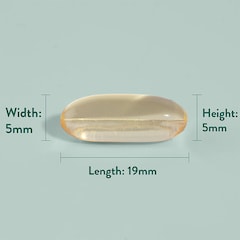

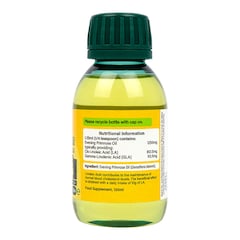
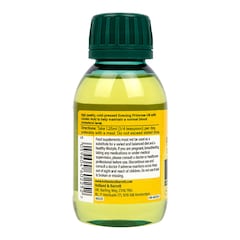
The urinary tract includes the kidneys, ureters, the bladder, and the urethra.
Urinary tract health is important for the efficient and smooth production and removal of urine.
A typical adult who is drinking the recommended two litres of water a day passes about one to two litres of urine a day.
The urinary tract is an active part of our body and while it generally works very well, it can occasionally be subject to health problems such as bladder infections, tract infections, and urinary incontinence.
How to avoid poor urinary tract health
There are some basic lifestyle steps you can take to prevent urinary tract issues, including drinking enough water, limiting alcohol, caffeine, and quitting smoking.
Being physically active and eating high-fibre foods can prevent constipation, which in turn helps prevent urinary tract issues.
Using the bathroom when needed, rather than holding urine in for a long time is also important.
Otherwise you risk weakening your bladder muscles, which makes a bladder infection more likely.
On the other hand, pelvic floor muscles (kegel exercises) can be done anywhere, without anyone knowing, and really help to strengthen those muscles.
Wiping front to back, and urinating after sexual intercourse, in order to flush away any bacteria that may have entered the urethra are also very helpful things to do.
What you need to know about urinary tract infections
Urinary tract infections (UTIs) can affect any part of the urinary tract, including the bladder (cystitis), urethra, or the kidneys.
Symptoms of a UTI include needing to pee suddenly or much more often, as well as pain or burning when peeing, smelly or cloudy pee, and blood in your pee.
Occasionally, you may also have pain near your lower stomach region, or tiredness.
Older people may feel confused or agitated. Babies also may be irritable and have a raised temperature. And children may wet the bed or themselves, or hold in pee to avoid the sting.
UTIs are usually caused by bacteria from poo entering the urethra. Because women’s urethra is shorter than men’s, any infection they get is more likely to reach the bladder or kidneys.
Other things that may contribute to getting a UTI include pregnancy, a blocked urinary tract (for example, by kidney stones), having a weakened immune system, or conditions that make it hard to fully empty the bladder (such as constipation in children or an enlarged prostate gland in men).
UTIs are one of the most common bacterial infections globally. While treatment is usually straight forward, left untreated, UTIs can lead to more serious conditions such as kidney infections or sepsis.
What to do if you have a Urinary Tract Infection (UTI)?
If there is blood, or if you are pregnant, or you have not had a UTI before, it is important to see a doctor, who may prescribe antibiotics.
Alternatively, if the UTI is mild and if you know your body well and what you need, there are other options you can look into.
A mild UTI will often ease up on its own, so you can also do some things to ease the symptoms while you wait. Rest and drink a lot of water. The water, or other fluids like juice, can help your body to flush out the bacteria.
The urinary tract includes the kidneys, ureters, the bladder, and the urethra.
Urinary tract health is important for the efficient and smooth production and removal of urine.
A typical adult who is drinking the recommended two litres of water a day passes about one to two litres of urine a day.
The urinary tract is an active part of our body and while it generally works very well, it can occasionally be subject to health problems such as bladder infections, tract infections, and urinary incontinence.
How to avoid poor urinary tract health
There are some basic lifestyle steps you can take to prevent urinary tract issues, including drinking enough water, limiting alcohol, caffeine, and quitting smoking.
Being physically active and eating high-fibre foods can prevent constipation, which in turn helps prevent urinary tract issues.
Using the bathroom when needed, rather than holding urine in for a long time is also important.
Otherwise you risk weakening your bladder muscles, which makes a bladder infection more likely.
On the other hand, pelvic floor muscles (kegel exercises) can be done anywhere, without anyone knowing, and really help to strengthen those muscles.
Wiping front to back, and urinating after sexual intercourse, in order to flush away any bacteria that may have entered the urethra are also very helpful things to do.
What you need to know about urinary tract infections
Urinary tract infections (UTIs) can affect any part of the urinary tract, including the bladder (cystitis), urethra, or the kidneys.
Symptoms of a UTI include needing to pee suddenly or much more often, as well as pain or burning when peeing, smelly or cloudy pee, and blood in your pee.
Occasionally, you may also have pain near your lower stomach region, or tiredness.
Older people may feel confused or agitated. Babies also may be irritable and have a raised temperature. And children may wet the bed or themselves, or hold in pee to avoid the sting.
UTIs are usually caused by bacteria from poo entering the urethra. Because women’s urethra is shorter than men’s, any infection they get is more likely to reach the bladder or kidneys.
Other things that may contribute to getting a UTI include pregnancy, a blocked urinary tract (for example, by kidney stones), having a weakened immune system, or conditions that make it hard to fully empty the bladder (such as constipation in children or an enlarged prostate gland in men).
UTIs are one of the most common bacterial infections globally. While treatment is usually straight forward, left untreated, UTIs can lead to more serious conditions such as kidney infections or sepsis.
What to do if you have a Urinary Tract Infection (UTI)?
If there is blood, or if you are pregnant, or you have not had a UTI before, it is important to see a doctor, who may prescribe antibiotics.
Alternatively, if the UTI is mild and if you know your body well and what you need, there are other options you can look into.
A mild UTI will often ease up on its own, so you can also do some things to ease the symptoms while you wait. Rest and drink a lot of water. The water, or other fluids like juice, can help your body to flush out the bacteria.

